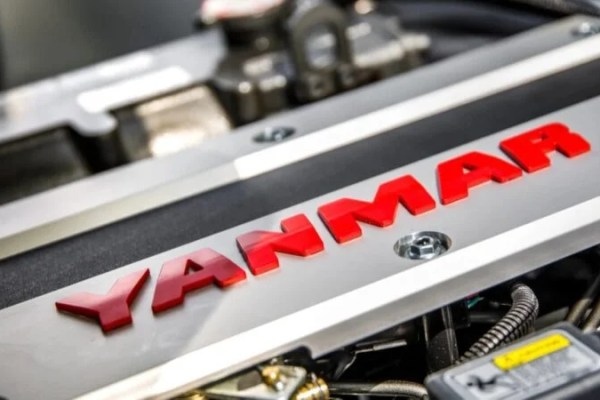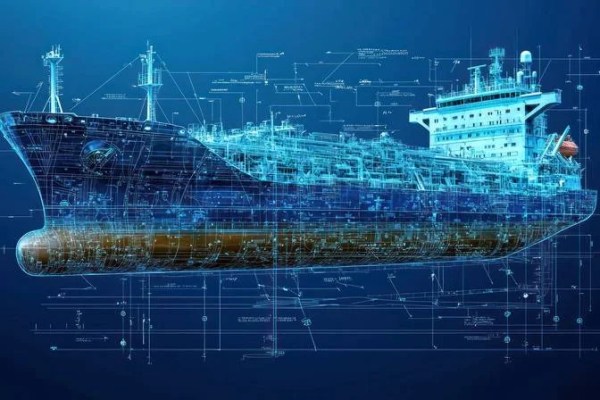
Japan Launches First-of-its-Kind Floating Wind Farm
Japan’s Goto Floating Wind Farm began commercial operations on January 5, marking a pivotal step in renewable energy. As the country’s first floating wind farm, it utilizes innovative hybrid technology. Located near Nagasaki, this project aims to support Japan’s ambitious offshore energy goals, contributing significantly to future renewable initiatives.















